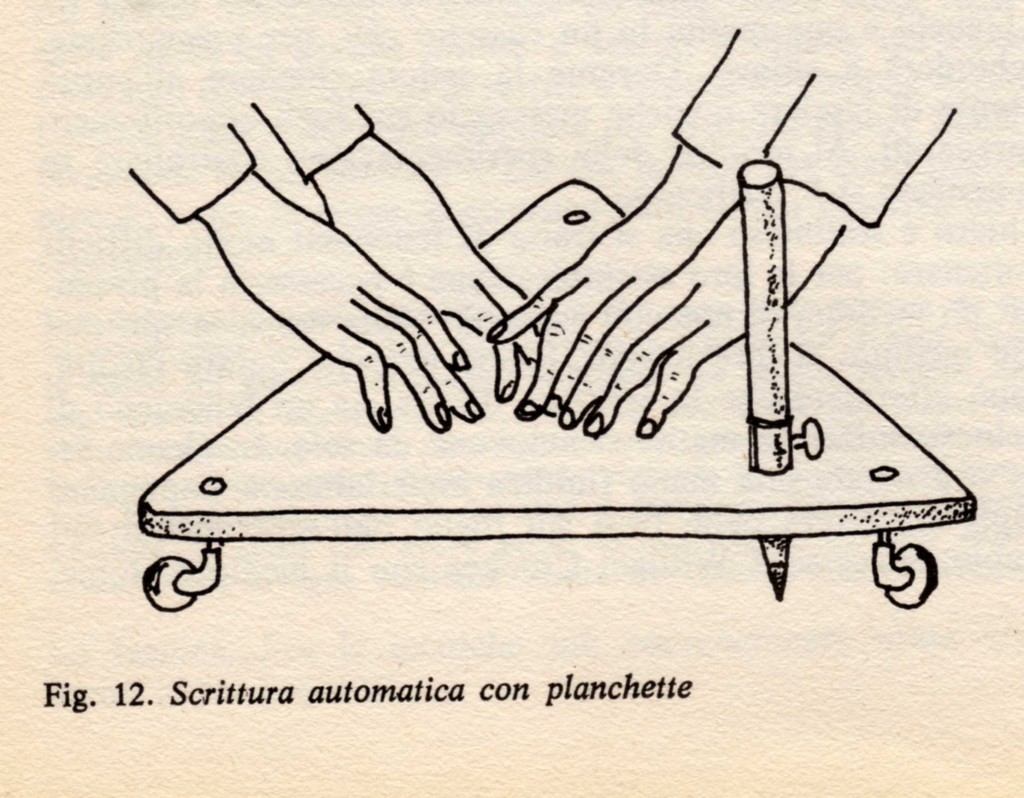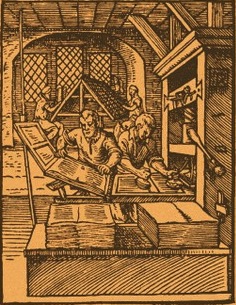Conversations with the departed greats
Recent events in the world have shown that nations and cultures are increasingly turning inward for answers, rather than engaging with one another. In what possible ways, then, can one imagine a more dialogic society that aims to sustain its (eco)systems and mechanisms through reciprocity and exchanges not only with others outside of its borders and fences but also with the historical figures that are associated with radical social and political reform, representing collective wisdom and knowledge? Such conversations and extended dialogues could arguably be considered a therapeutic practice for addressing the current crises. When a society seeks answers to many critical questions, it may consider reconnecting with these historical figures for motivation and guidance. Contemporary societies seem to be at a loss for clear direction when facing urgent issues such as climate breakdown and mass migration. As a result, they turn to nationalism, protectionism, conservatism, and other counterproductive forces in search of vain answers. How can we tap into the knowledge base of the forefathers of the societies – global figures, social reformers, political and religious leaders? How can their departed voices be brought back into the troubled contemporary times for leadership and direction? How can we gauge their opinion on the current crisis? In the tradition of Planchette, dead persons are brought back to life through a sensate mediator. Drawing on the history of the Planchette and other devices that spiritualists claimed could be used to communicate with the dead, and inspired by these para-scientific methodologies, the project Planchette Bot recreates the aura of a few global figures in automated voice and hologram. The select historical figures include M. K. Gandhi, Malcom X, and Nelson Mandela, among others. Their personalities are recreated by incorporating AI and Machine Learning from the data sets of their writings, images, audio, video, and other archival materials and historical documents through rigorous research. The use of neural networks, Machine Learning models, and speech synthesis is central to rebuilding their persona in automated voice and visuals. The project outcomes include a series of live performances, during which in-depth conversations with a select group of these leading lights are staged, inviting the audience to participate.
Read more in this essay Planchette Bot: Regenerative conversations with the departed greats
Forthcoming exhibition Archival Intelligence at Lydgalleriet, Bergen, in April 2026.
Presentations:
Talk: AI for Good global summit 2020, Geneva, November 2020.
Exhibition (online):
South Asian Digital Arts Festival de-confine 2021 curated by Media Art South Asia.
Conversation:
Audience interaction (Beta):
Engage with the bot on this online interactive interface. Please open it only with the current version of Google Chrome and enable the microphone on your device (e.g., laptop, tablet, or smartphone) with which you open the link above. Select each question from the drop-down menu and ask the question to the bot in your own voice.
Preview of in-situ exhibition:
Planchette Booth (testing, prototype)
Support:
ITMO University, Arts & Sciences, St Petersburg, 2021.
Artists + Machine Intelligence Grant, Google Arts And Culture and Google AI, New York, February 2020.
Collaborations:
Hasan (Curiouswala, India)
Jose K Sani (HAW Hamburg)
Thomas Glaesser (ZAM Zentrum für Aktuelle Musik)
Performance:
Radio In Between Spaces, 2021.

